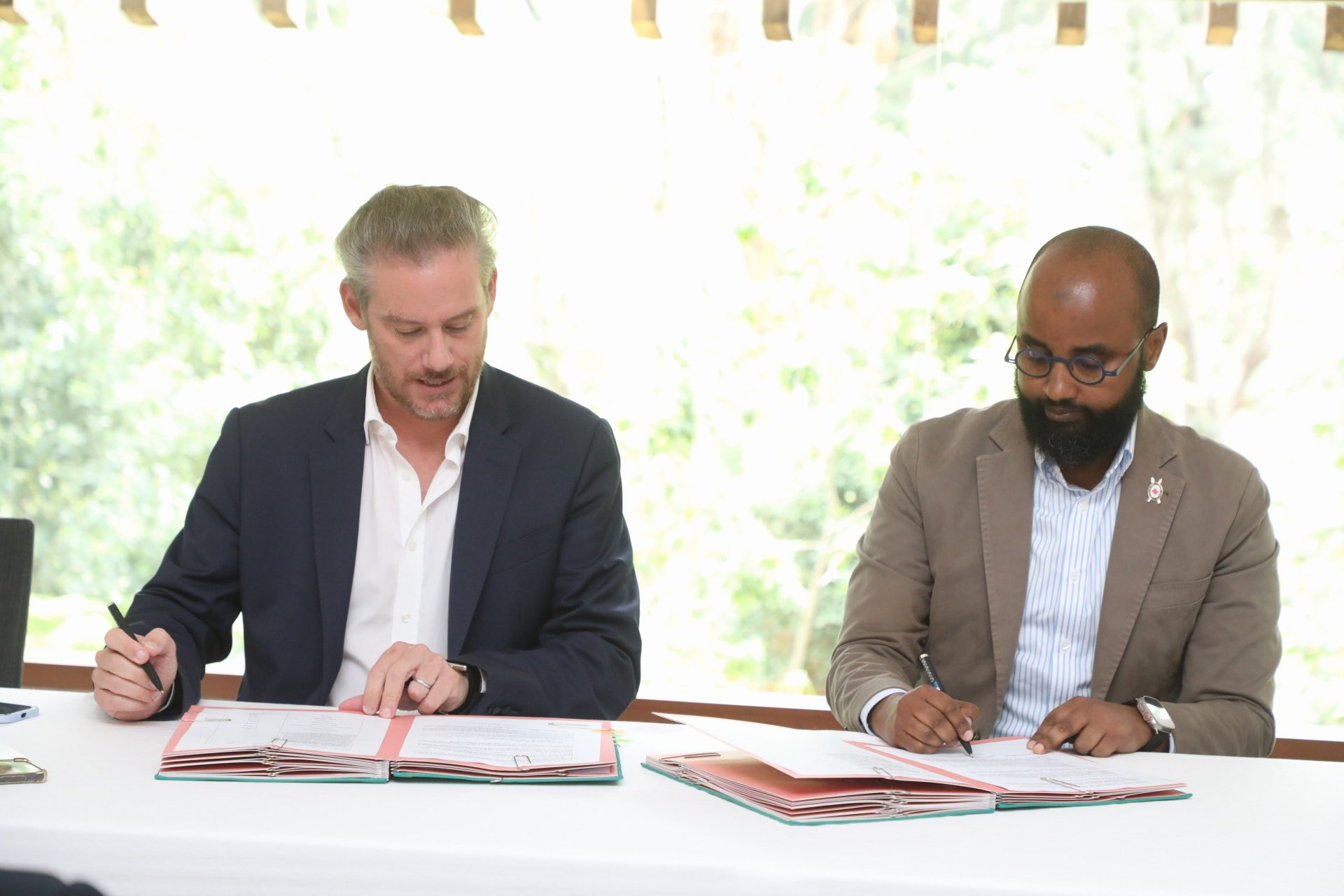Kenya Red Cross, French Embassy partner in fight against antimicrobial resistance

Antimicrobial resistance (AMR) refers to the ability of microorganisms, such as bacteria, viruses, fungi, and parasites, to evolve and become resistant to the drugs (antimicrobials) that were originally effective in treating them.
The Kenya Red Cross has partnered with the French Embassy in Nairobi to combat the escalating threat of antimicrobial resistance (AMR).
Antimicrobial resistance (AMR) refers to the ability of microorganisms, such as bacteria, viruses, fungi, and parasites, to evolve and become resistant to the drugs (antimicrobials) that were originally effective in treating them.
More To Read
- Why antenatal clinic attendance is falling — and the deadly risks for mothers and babies
- Lancet study shows planned term delivery can cut pre‑eclampsia risk by 30 per cent
- WHO calls for ceasefire after deadly attacks on civilians in Sudan kill 114, including 63 children
- Kenya and world face growing health threat as ultra-processed foods flood markets and diets
- WHO calls for urgent action to achieve universal health coverage by 2030
- Malaria fight at risk as drug resistance spreads despite new tools saving millions
This resistance reduces or eliminates the effectiveness of antibiotics, antivirals, antifungals, and antiparasitic drugs, making infections more difficult to treat and increasing the risk of spreading infections to others.
According to the World Health Organisation, AMR is one of the top global public health and development threats.
It is estimated that bacterial AMR was directly responsible for 1.27 million global deaths in 2019 and contributed to 4.95 million deaths.
Without effective interventions, projections suggest that by 2050, annual deaths attributable to antimicrobial resistance could soar to as high as 10 million.
The collaboration represents a significant stride in addressing AMR not only locally but also within the broader East African region.
Given the global health risks posed, the Regional Project on AMR with a One Health approach will be implemented in Kenya, Uganda, Ethiopia, and Tanzania by integrating various sectors such as human health, animal health, and environmental considerations.
Today, @FranceinKenya and Kenya Red Cross have formally signed a partnership agreement for a project to prevent and respond to the growing scourge of antimicrobial resistance (AMR).
— Kenya Red Cross (@KenyaRedCross) May 10, 2024
The project, named the Regional Project on AMR with a One Health approach, will be implemented in… pic.twitter.com/cPtBHCxxqU
The One Health approach acknowledges the interconnected nature of these aspects in effectively combating AMR.
In Kenya, the partners involved in the project include the Kenya Red Cross, the International Livestock Research Institute (ILRI), and the Kenya Medical Research Institute (KEMRI).
Each partner will contribute unique expertise, ensuring a well-rounded approach to addressing AMR.
The project's primary focus lies in promoting actions to prevent and manage bacterial and viral infections, aligning with global efforts to curb the proliferation of antimicrobial-resistant pathogens.
Additionally, advocating for the responsible and judicious use of medications is pivotal in curtailing the development and spread of AMR.
The Kenya Red Cross Society plays a crucial role in facilitating understanding of societal norms and creating awareness initiatives at the grassroots level.
Community engagement and education are fundamental elements of any successful public health endeavour, especially concerning complex issues like AMR.
Through raising awareness, promoting preventive measures, and fostering collaboration among stakeholders, the project endeavours to enhance decision-making processes concerning AMR.
This holistic approach acknowledges the interdependence of human, animal, and environmental health, noting the necessity of collective action in combating antimicrobial resistance.
Top Stories Today













































